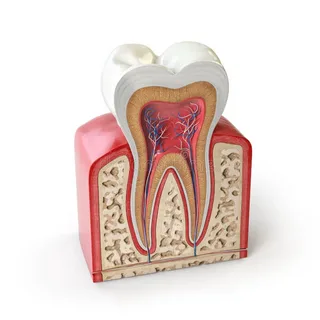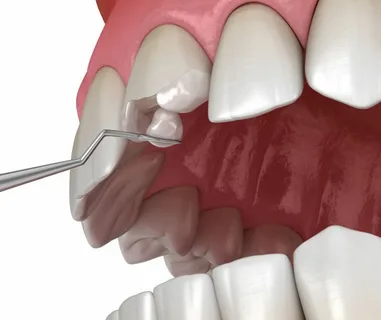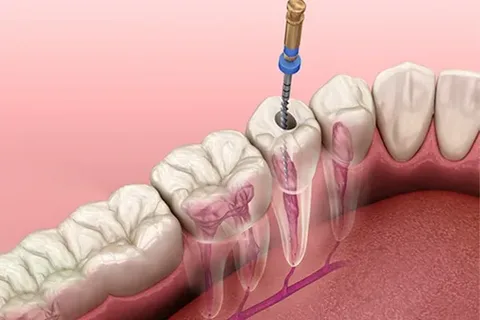Root Canal Treatment (RCT)
Root Canal Treatment (RCT) is a dental procedure performed to treat and save a tooth that is severely decayed, infected, or damaged. The process involves removing the infected pulp (soft tissue inside the tooth), cleaning and disinfecting the root canals, and sealing them to prevent future infections. This procedure alleviates pain and restores the functionality of the affected tooth.
Root canal treatment is essential for preserving your natural teeth, avoiding extractions, and maintaining your overall oral health. It’s a safe and effective solution for those experiencing severe tooth pain, sensitivity, or swelling due to deep cavities or trauma.
Our experienced team ensures a comfortable and stress-free experience, using advanced techniques and equipment to deliver high-quality care.
How can root canal benefit a patient?
- Relieves pain and sensitivity.
- Saves your natural tooth.
- Restores chewing and biting function.
- Prevents the need for extraction and costly replacements.
Why do people choose us?
- Affordable and latest technology used
- Painless root canal treatment
- Best post care is given to the patient
- Comfortable and friendly staff
- Prevention of further tooth decay
Key features about Root Canal Treatment

Eliminates Infection

Preserves the Tooth

Restores Functionality
Frequently asked questions
Here are descriptions for FAQs about Root Canal Treatment (RCT) to provide a clear understanding:
Root Canal Treatment is a procedure used to treat infections or damage inside a tooth. It involves removing the infected pulp, cleaning and sealing the tooth to prevent further damage and infection, and restoring the tooth’s functionality.
You may need an RCT if your tooth pulp (soft tissue inside the tooth) becomes infected or inflamed due to deep decay, trauma, or repeated dental procedures on the same tooth. Symptoms include severe tooth pain, sensitivity to heat or cold, and swelling in the gums.
Most patients experience little to no pain during the procedure. Local anesthesia is used to numb the area, ensuring comfort. After the treatment, mild discomfort or sensitivity is normal but can typically be managed with over-the-counter pain relievers.
The procedure typically takes 60 to 90 minutes, depending on the tooth’s condition. Complex cases may require multiple appointments.
Signs that you may need an RCT include severe tooth pain, prolonged sensitivity to heat or cold, swelling in the gums, or a visible pimple-like bump on your gums. If you’re experiencing any of these symptoms, it’s best to see a dentist for evaluation.

